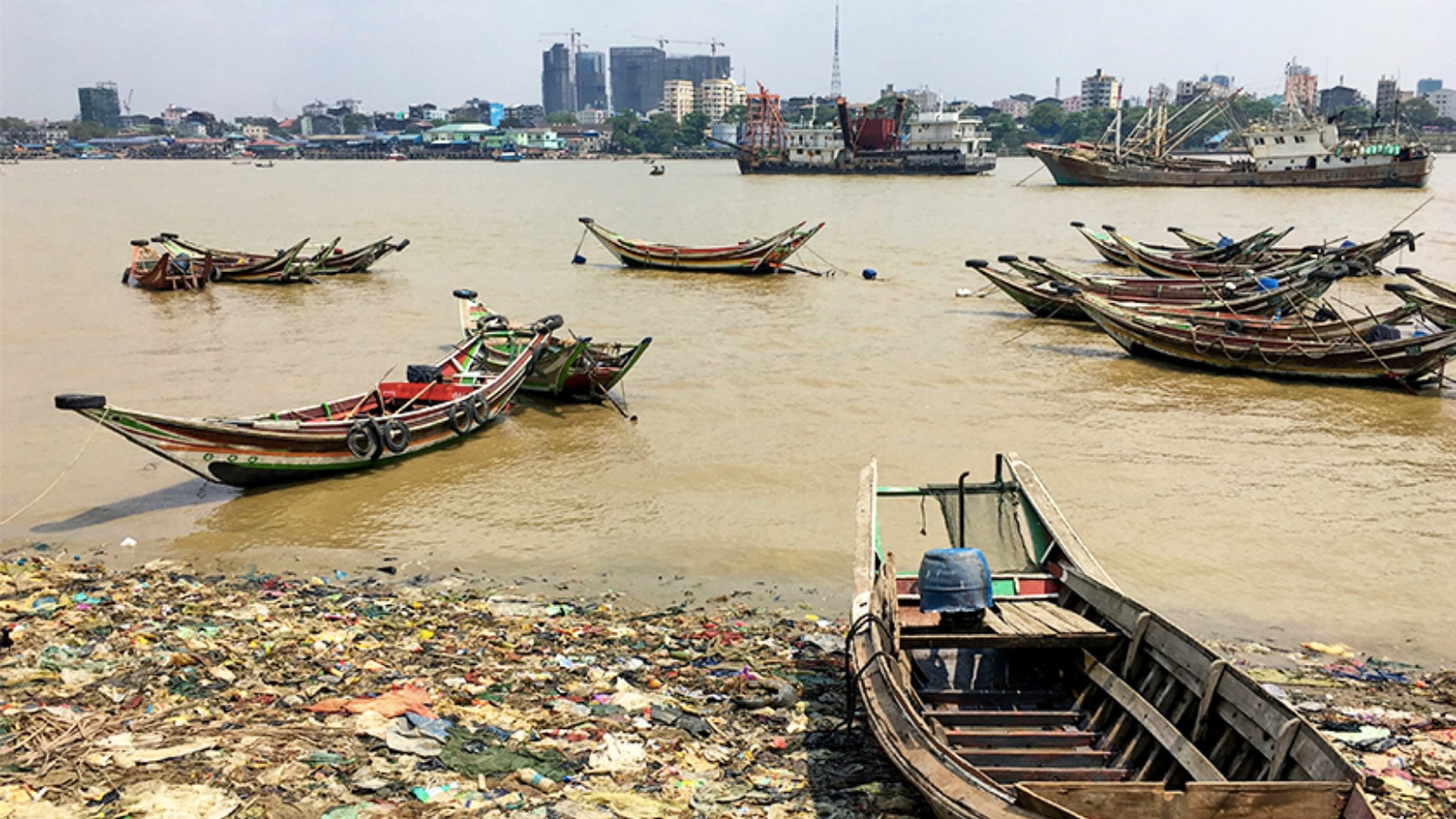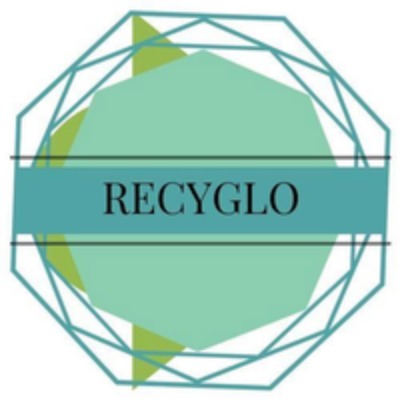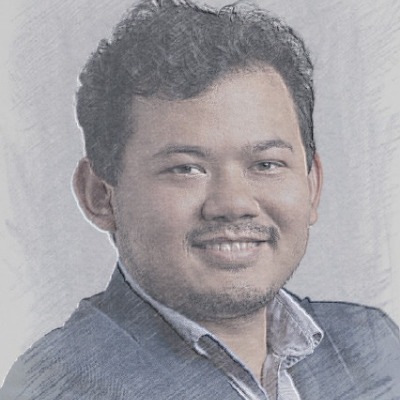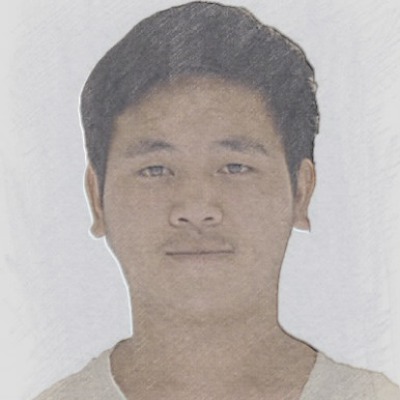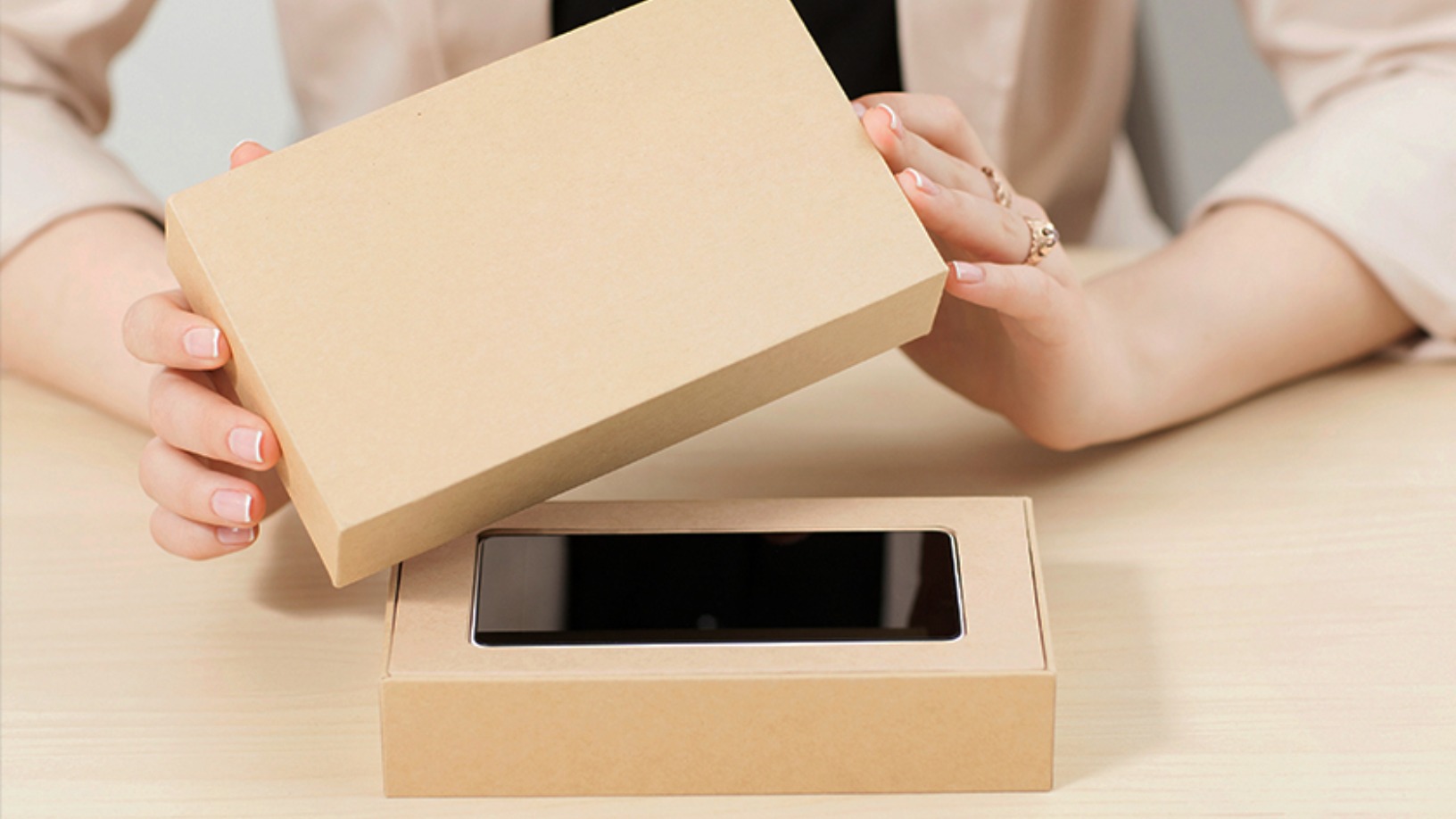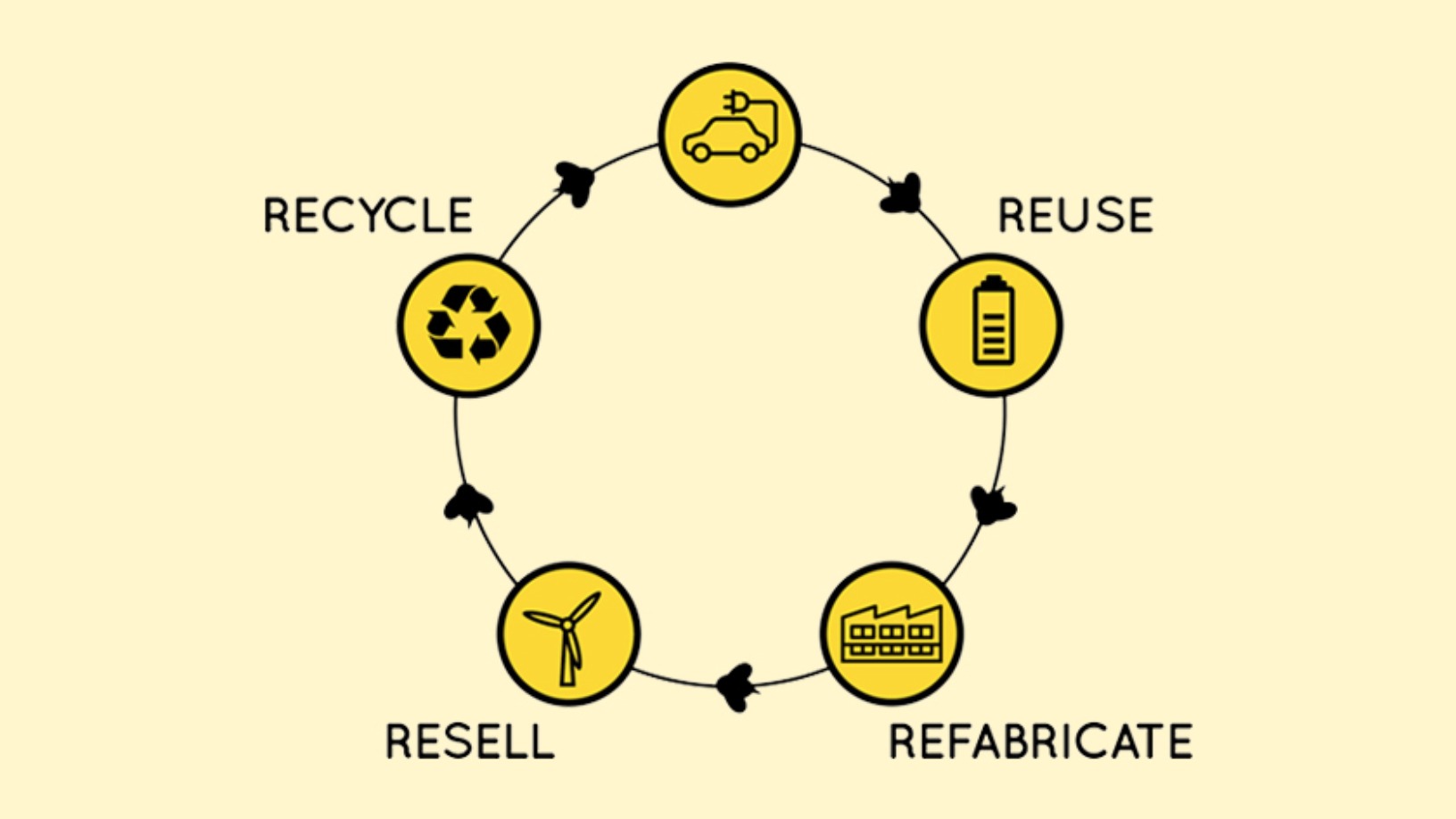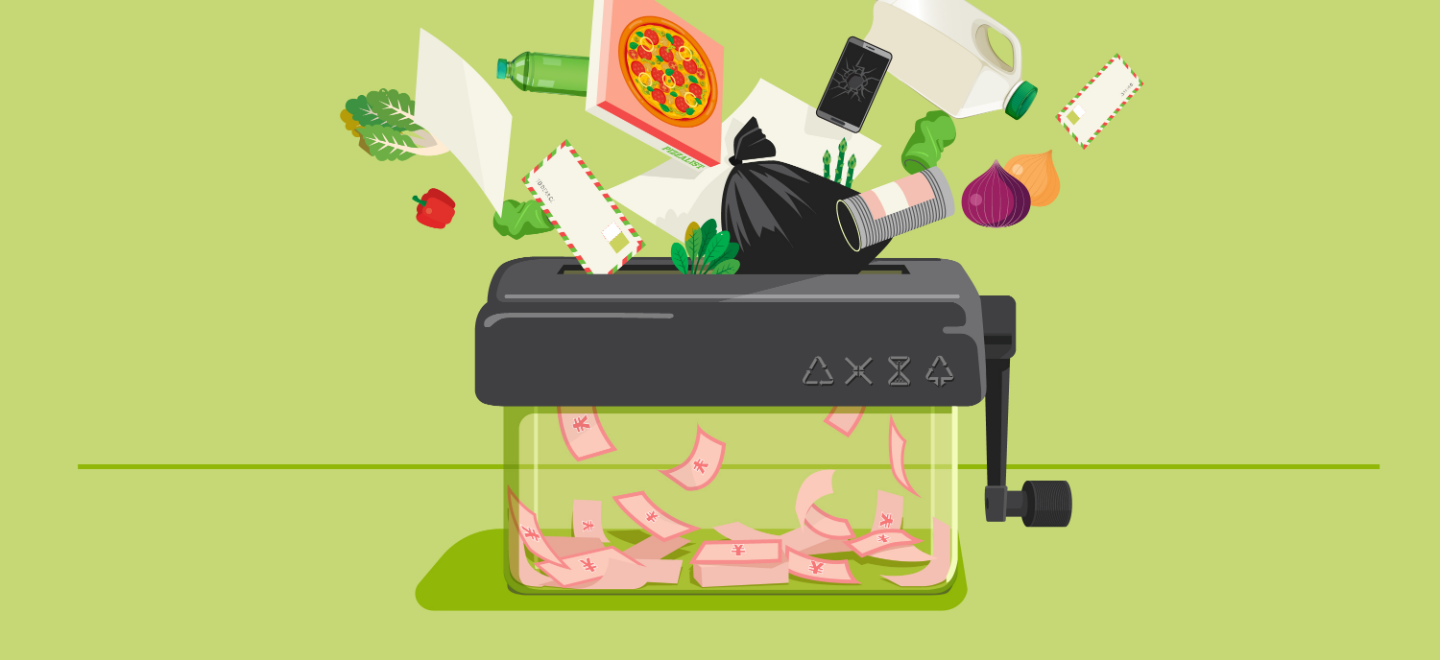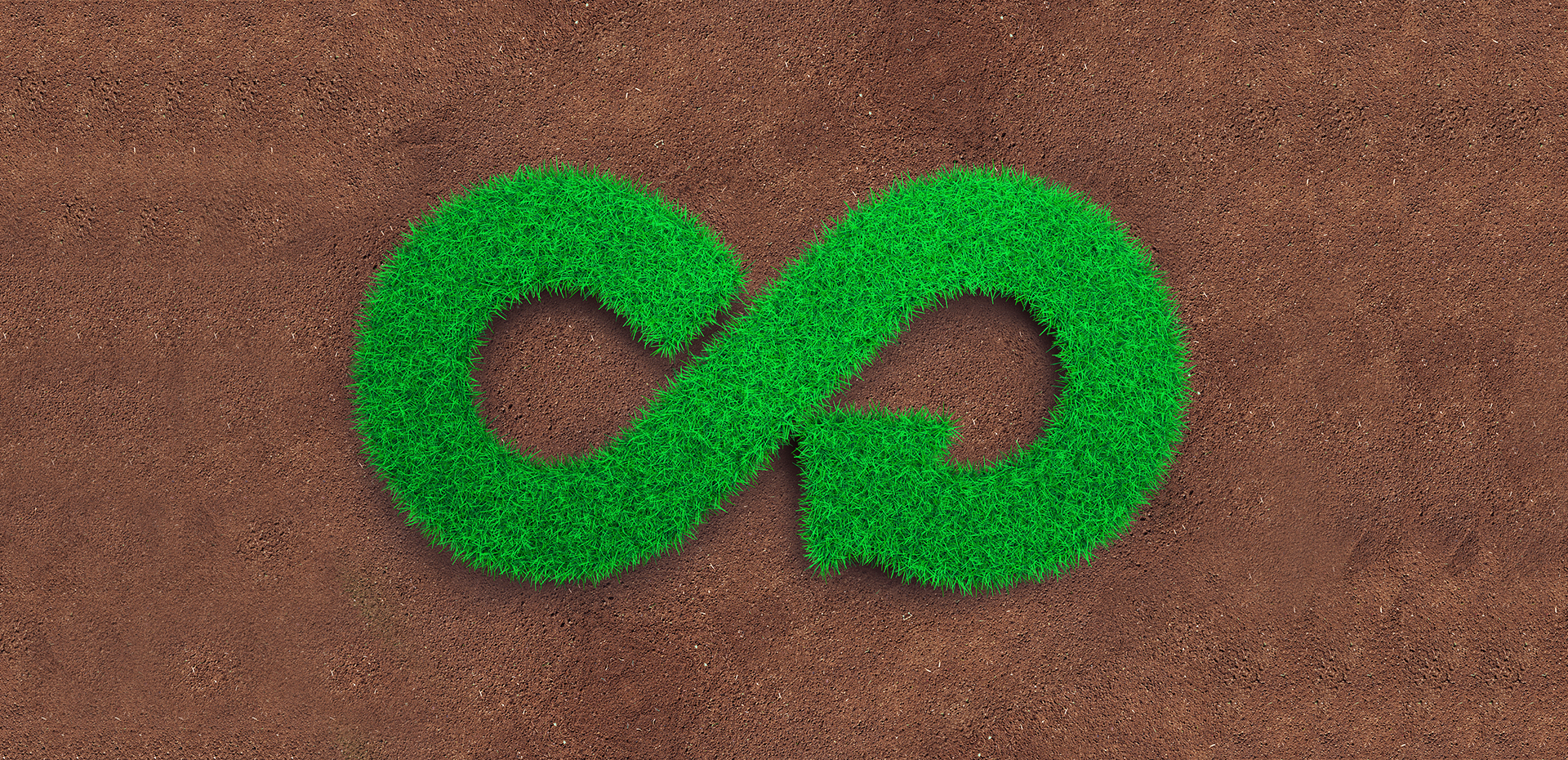Myanmar's first trash collection and recycling service Recyclo is expanding across Southeast Asian with an innovative circular economy solution. In the space of just over a year, the Yangon-based startup has introduced a marketplace for unwanted items and a showroom for furniture made from recycled waste materials. It’s also launching blockchain-enabled traceability and predictive waste management next.
Founded in 2017, RecyGlo arrives at a critical time in Myanmar's development. Closed for decades to the rest of the world until the country’s reopening in 2011, Myanmar’s economy has boomed in the recent years. But its new prosperity has also given rise to environmental concerns that, while usually muted, are increasingly worrying the younger generation.
Shwe Yamin Oo, RecyGlo CEO and co-founder, is one of them. Garbage piled on the streets and the hygiene and health issues they cause were foremost on her mind when she co-founded RecyGlo with data analyst Okka Phyo Maung and engineer Soe Moe Aung. In Yangon, about half the trash is regularly collected. As one of Asia's poorest nations, Myanmar, with a population of 54m, also didn’t have a recycling service.
“Good health is not guaranteed in our country because people tend to heap their garbage at the top of the street or road,” Shwe Yamin Oo told media. “Foul-smelling gases and fluids come out of such garbage dumps. The fluids run into the ditches and we eat the fish from these polluted ditches and streams."
No one was solving the waste problem “with the necessary scale and impact,” she said. RecyGlo works to tackle urban contamination and pollution of waterways at source, via a zero-waste management system serving corporates and, increasingly, households.
Current corporate clients include Toshiba, foreign embassies and major hotels like The Savoy. Besides Yangon, RecyGlo also manages operations in the capital city of Nay Pyi Taw, Myanmar’s second biggest city Mandalay and popular tourist destination Bagan. The startup estimates that Myanmar has a waste management market worth $1.3bn annually and has also expanded to Malaysia and Singapore.
Growing demand in Southeast Asia
An abbreviation of “Recycling Globally,” RecyGlo is also scaling up to be a regional player by 2022, impacting the lives of 100m people. Southeast Asia’s urban population is forecast to increase to 400m by 2030, and waste management needs to keep up with the surge in demand for more efficient trash collection and eco-friendly recycling facilities.
“We are now targeting Indonesia and Cambodia, while growing in Malaysia and Singapore markets and have aggressive expansion plans,” CFO and CMO Okka Phyo Maung said. “Our product is ready and we can initially leverage the existing client base of multinationals, NGOs and regional companies, and slowly move into the MSME and consumer markets.”
A case in point is the ubiquitous use of plastic packaging, including recyclable PET bottles. Local authorities, with limited public resources, are struggling to provide adequate waste management services. The local economies in six Southeast Asian countries including Myanmar are losing annual revenues worth $199m when millions of plastic bottles are thrown into landfills as non-recyclable garbage.
RecyGlo currently recycles over 250 tons of waste a month, aiming to recycle 98% of all waste collected by optimizing the recycling process. Its services also include battery recycling and electronic waste destruction and recycling.
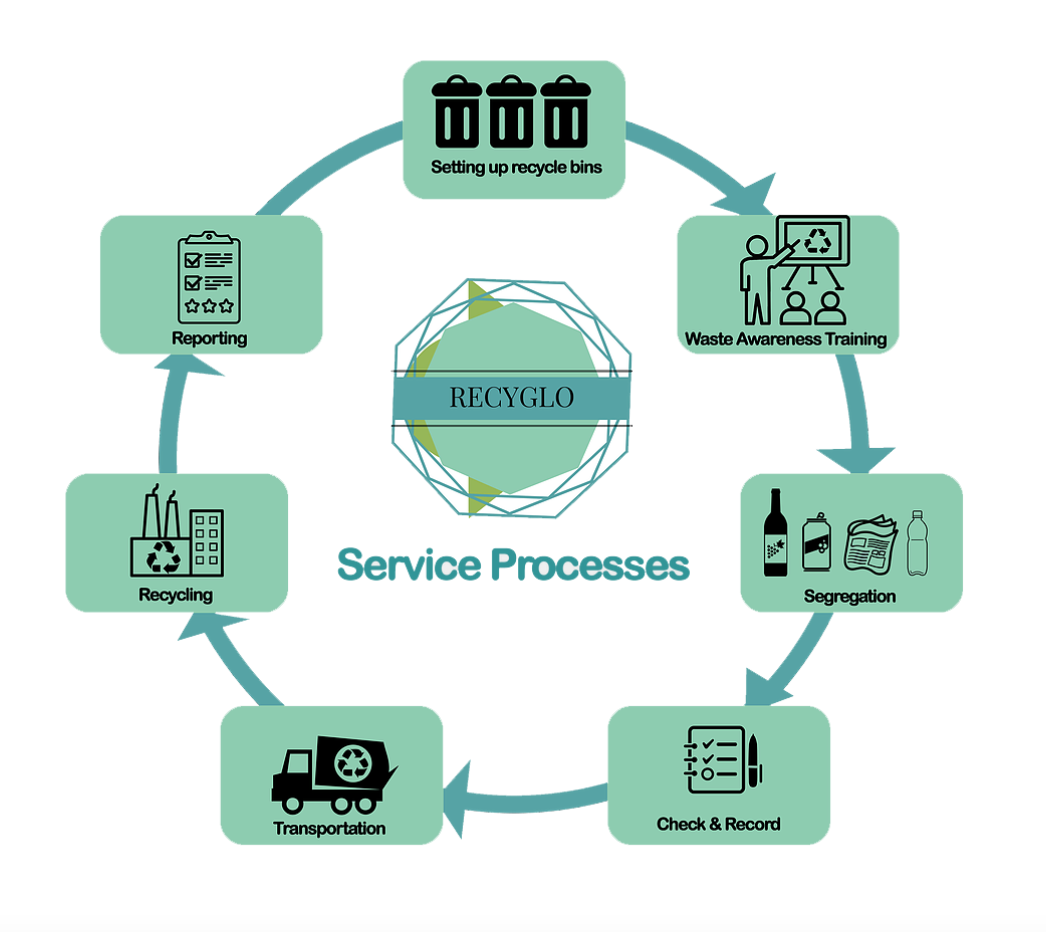
RecyGlo’s ultimate ESG goal is a zero-waste circular economy model, sending nothing to landfills. Different colored bins are placed in each client's premises for different waste materials. The employees are given tutorials on trash separation and recycling waste awareness. Going the extra mile, RecyGlo is also launching a blockchain-tracking and predictive analytics waste management system for corporate clients.
Corporate ESG audits
The company has also launched a new B2B2C marketplace app, Oh My Trash, to give a second life to pre-owned goods like home appliances. A showroom was also opened in Yangon to sell furniture made from RecyGlo’s recycled plastic.
An online event in December 2020 to promote the Oh My Trash app, RecyGlo’s first foray into the consumer market, attracted 400,000 users in Myanmar, where four out of five people now have at least one smartphone.
The app enables users to sell unwanted items directly to individual buyers, local junk shops and recycling operators. The unwanted items are posted within different product categories with recommended list prices. Buyers can contact the sellers and place orders via a chatbot. RecyGlo earns a commission from each sale.
RecyGlo now handles almost all types of waste materials including e-waste. In 2020, its first in-house recycling plant was set up in Yangon. Revenue is mainly generated from B2B clients’ PaaS subscriptions for the waste management services and payments received from recycling partners for the waste materials delivered.
“We are not the typical waste management facility. We are a platform connecting companies and individuals to waste management facilities,” said Jaume Marquès Colom, the company’s key account and project manager. “In Myanmar, what makes it special is that there wasn't any other company doing it before.”
Clients are provided with dashboards for the audit and oversight of each company’s waste management system and outputs. The blockchain-tracking platform can be used to generate evidence of all waste being processed and recycled. Clients can use the RecyGlo reports for environmental audits to achieve corporate ESG targets. The AI-enhanced analytics can also forecast waste outputs to improve future waste management strategies.
In addition, RecyGlo also audits each client's waste management results. Data produced include the level of waste segregation, waste generation like the weight and percentage of each type of waste, as well as the actual waste amount sent for recycling. Clients can generate their own internal waste reports and trash pickup schedules. Feedback is also given to help employees improve their waste disposal awareness.
Supported by initial funding of $150,000 from Norwegian oceantech investor Katapult Ocean in 2019, RecyGlo forecast its revenue to reach $500,000 by the end of year and plans to raise $900,000 for expansion at home and abroad.
The company’s innovative waste management and recycling business model has won regional tech awards including the Startup Challenge 2017, Seedstars Yangon edition 2019 and South Korea’s Global Action for Clean Environment award in 2020. RecyGlo also received funding after completing Singapore’s Accelerating Asia 100-day intensive program.
Participation in local and regional tech summits and accelerator programs have opened up new market opportunities in neighboring countries like Malaysia and Singapore. Collaborations with foreign partners and venture capital investors have also enabled Myanmar startups to learn more about the diverse business and tech ecosystems in other countries.
“For us, accelerators helped us with growth and ability to scale, and we are confident that we are ready to go crazy, wild and build a Unicorn or Pegasus. The RecyGlo model will be applicable not just in ASEAN [Southeast Asia] but also in Africa and any other parts of the world,” said Shwe Yamin Oo.
Changing public attitudes
In 2017, the startup managed to secure its first pre-seed funding of $25,000 and mentoring support from Myanmar's premier accelerator Phandeeyar, the local chapter of the Founder Institute. The business gained traction after an environmental disaster in 2018 when a landfill caught fire and continued to burn uncontrollably for eight days in Yangon.
“We aim to find local solutions and reuse the valuable recycled products locally, so we partner with local waste management facilities in Myanmar,” Marquès said. “The processed materials are turned into valuable goods and sold back into the market. The recyclable waste is already segregated by the clients, so waste management facilities will find it easier to process the recyclable waste.”
Another new retail project launched in 2020 as the showroom housing a recycling factory and retail outlet in Yangon. The company uses some of its own recycled plastic materials to make sustainable home decorations, furniture, garbage bins, room wall partitions and playground flooring to be sold at the new showroom in a Yangon shopping mall.
“Luckily, there is more awareness about the environment and its impact, and investors are more and more willing to push environmentally-conscious and sustainable companies. Perhaps that’s why we have more chances to win [startup competitions] because we’re trying to solve a global issue in a developing country,” Marquès said.
